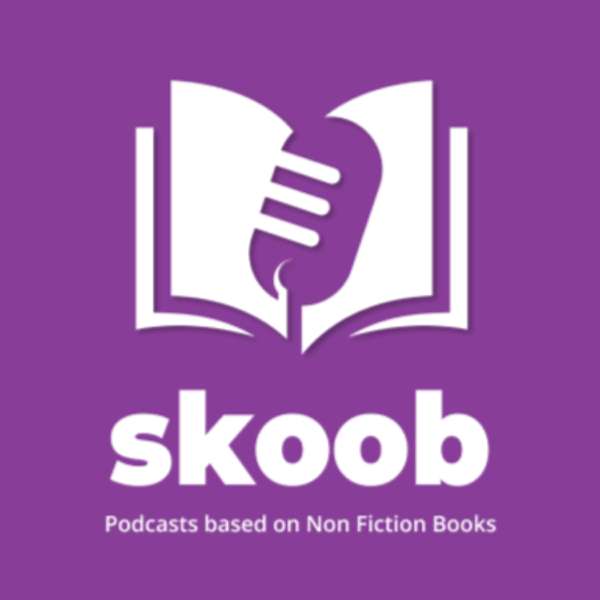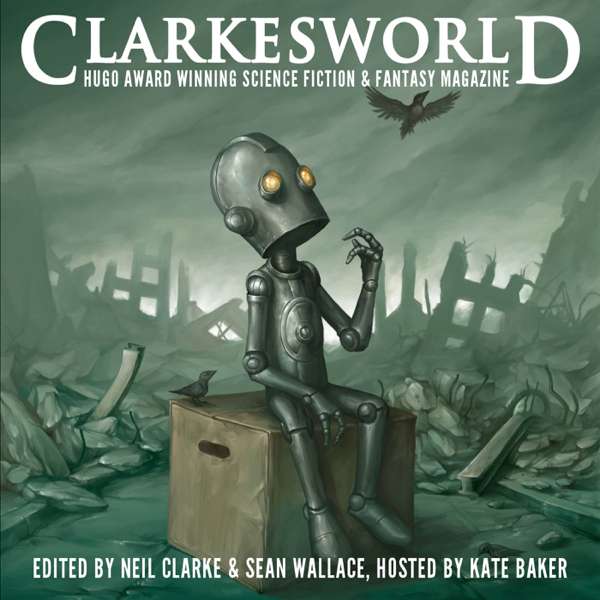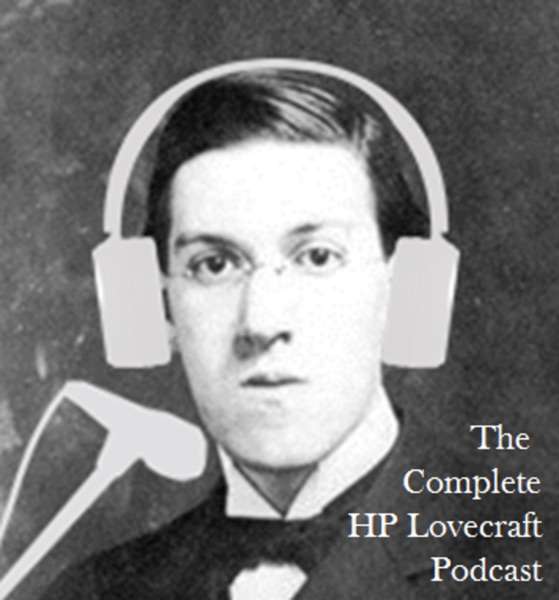#RECURRENT, is a new series at Civil Coping Mechanisms, which launches two titles in 2016 and is edited by Janice Lee, author of Damnation,Reconsolidation, The Sky Isn't Blue, and Executive Editor of Entropy.
The series will push the boundaries of narrative with books that seek to reconstruct, reimagine & expand on existing narrative spaces. Not bound to genre or category, #RECURRENT books will be intuitive, instigative, innovative, sensitive, perceptive, heart-breaking, and honest. More than anything, #RECURRENT is interested in writing that gestures towards intimacy in different ways, in writing that isn’t afraid to reveal or retreat, and writing that makes us feel all the feelings.
Blind Spot (Civil Coping Mechanisms)
Here, memory like a dripping faucet, slowly leaking events and considerations, one constantly feels like they are balancing on a teetering chair. This rigorous investigation of being leads one to consider the way a world revolves around a man like a vortex, the propensity of clipped phrases that alter, edit, build, revise, a constant modification of the one way one sees the world, exists in the world, remembers. Repetition, like stuttering, leads one through and around the vortex of consideration, yet like poetry the language points and articulates, then stutters again, the text as a glitchy archetype of keeping track, of observation, of the harmonious discontinuity of time’s ebb and flow: “There is no break in the harmony, and no seeing anything but for what it is.”
This brilliant, poetic novel weaves a new structure for narrative, forces the reader to consider the complex and profound structures hidden in a record of time, each observation of the utterly quotidian transforming into a lyrical evocation of essential significance. Each repetition is a surprise, and each consideration an impossible enigma. Narrated by a mysterious and clairvoyant consciousness, Blind Spot, is both blind and honest, isolated and compulsive, and achieves with such magnificent beauty a reconceptualization of seeing and reading that one might enter this book through its first lines and wish to never come out again.
Praise for Blind Spot
"This is a gorgeous slippery novel in the mode of Georges Perec or Magdalena Tulli or Azareen Van der Vliet Oloomi or . . . Harold Abramowitz! I read it with a tumbling sort of pleasure by a small body of water as a hummingbird with a purple throat came and went. It, the bird, seemed, in its hovering, to be trying to read Blind Spot over my shoulder. Is that why it kept coming back? One impossibly exquisite thing seeking another?"—Danielle Dutton
“It’s one thing to write a novel about trauma – to tell a coherent story, to create (and be comforted by, to whatever extent) a narrative arc of pain and loss. But it’s something else entirely to find oneself inside a series of imagistic and syntactical loops – a Venn diagram of partial thoughts (or dreams or memories) that become more certain and more troubling each time they refuse to relate or resolve. Harold Abramowitz’s Blind Spot is not about anything – about, from the Old English, ‘outside of.’ Instead, it’s a kind of prayer made out of attention (Simone Weil). Incantatory and somatechnic. I fucking love this book. Abramowitz writes the mind and body (in trauma, in everyday life) from the knotted and careful inside."—TC Tolbert
“Like a careful clinician, a mathematician of the soul, Abramowitz takes us on a voyage of cautious deliberation. How does he do it? How is it that he creates such deep suspense and eager, almost anxious, anticipation through such minute & slightly various ministrations of lexicon? Alongside him we become careful detectives of our narrators’ confusions & disappointments even as we try to discover, again alongside him, just where it is that the center of those confusions lie …. It is a strange, unsettling, and beautiful book.”—Veronica Gonzalez
Harold Abramowitz is from Los Angeles. He is author and co-author of books of poetry and prose, including Dear Dearly Departed, Not Blessed, and UNFO Burns A Million Dollars. Harold writes and edits as part of the collaborative projects eohippus labs, SAM OR SAMANTHA YAMS and UNFO.
Gaijin (Civil Coping Mechanisms)
“I build a body back from these fractured myths and severed edges.”—Jordan Okumura, Gaijin
How can a family be a demolition of the self and a home one lives in? How does a fractured body heal a trauma through connection? Deeply embedded in the novel Gaijin, by Jordan Okumura, is an unsettling nostalgia for family and for her Japanese culture, haunted by whispers and by abandoning, by illness and isolation, by silence and trauma. The novel attempts to simultaneously track a personal rupture and a family, through the painful and awkward reclamation of the self after sexual violence and the evocation of a patriarch who is half dreamed, half real. The narrative bravely plows forward in reconciling two disparate sources of grief in order to heal them, trying to articulate the inarticulatable in a style that straddles genres—part memoir, part mythology, and part eulogy to a grandfather.Gaijin, a first novel for Okumura, is so powerful in its poetry and aching, it crushes the breath out of you as you read, cracks your chest wide open. Though the sum of Okumura’s exquisite metaphors is often grim, tragic, there is always a glimmer in the yearning.
Praise for Gaijin
“And what is the measure of self inside grief? Jordan Okumura’s novelGaijin is a body song. By weaving stories of loss and myth, Okumura brings an identity to life, half real, half imagined. I was mesmerized from start to finish.”—Lidia Yuknavitch, author of Small Backs of Children
“Labile, alluvial, fricative, abrasive, Gaijin cuts a channel through stone which takes the shape of its own persistence. I want to say your name with a rock beneath my tongue. It stages and restages memory to pinpoint the exact site where the skin broke and the shard sank in, then gestures towards a moment-after wherein this wound, inverted, might become both shield and sword. A nervy, unnerving book.”—Joyelle McSweeney, author ofDead Youth, or, The Leaks
“Gaijin makes possible the impossible language of trauma.”— Molly Gaudry, author We Take Me Apart
“To pirate, to scratch. To press or be pressed: “into the girl corner.” To watch: “the water run home.” How the cliffs “ignite.” Jordan Okumura’sGaijin is an extraordinary book of poetry written, or so it feels, into the axial space of memory, embodiment and dream. In it, a grandfather, a man “born from tears and war,” moves from space to space, just as the narrator does: the “river floor,” the garage that becomes a Japanese theater, the mouth “that is already closed.” What does it mean to have had a hand in one’s “own erasure”? I was very moved by Okumura’s decision to make a book the site of “wet erosion,” tongueless. And yet the stories pour out, “beautiful” in their “heat.” Towards the question. Of what it would be. “To stop.” I am honored to write in support of Gaijin, which takes it’s place in the contemporary literatures of exile and diaspora: an index of fire and water, “original bone,” and light.”—Bhanu Kapil, author of Schizophrene
“Reading Jordan Okumura’s poetic prose will change the way you breathe and the way you move. Her prose reaches inside you, caresses the very core of who you are, and transforms what you thought you knew about love, hope, and desire in unnerving ways. Her writing does not simply remind me of the writing of Carole Maso, Helene Cixous, and Marguerite Duras; her writing extends this tradition of intimate, passionate writing that does not fear the pain of seeing into truth. Gaijin will awaken you to new ways for seeing and feeling. Each time I have read Gaijin, I have come to know something new about myself, about my own heart. It is rare for a first novel to look in such a relentless and courageous way into familial relationships and memories as does Gaijin.”—Doug Rice, author of Between Appear and Disappear
The narrator of Jordan Okumura’s haunting and evocative Gaijin says “I “want to live the life of tongues.” But what if that tongue has been inscribed with the language of others? In lyric prose born of breath and body, Okumura wrestles with questions like: How to find one’s self when “memories don’t know how to stay past?” How to “reconcile the possibility of a girl and men” when those men have stolen all possibility from the girl? How to escape the legacy of a father when that father “is me. Wrapped in the stone of me?” In doing so, she gives us a beautifully fractured story of a journey to uncover the history of a woman hidden within the history of a family. I dare you not to fall under Okumura’s spell.”—Peter Grandbois, author of Nahoonkara
Jordan Okumura is a writer and editor. Her work has been published inGargoyle, DIRTY:DIRTY (Jaded Ibis Press), Black Rabbit, and First Stop Fiction. Jordan lives and works in Sacramento, California where she is an editor for trade news publications in the agricultural industry and is a regular contributor at Enclave/Entropy. Gaijin is her first book.

 Our TOPPODCAST Picks
Our TOPPODCAST Picks  Stay Connected
Stay Connected







